Digital assets landscape is changing and the new trend is, of course, Non Fungible Tokens (NFTs). In the meantime, traditionally controlled by regions such as North America and Europe, Africa is rapidly becoming an important player in the NFT market.
New reports show that the African crypto NFT market is on track to grow by a whopping 62 percent within the next few years. The potential for digital art, music and cultural heritage on the continent is drawing investors and creators alike, highlighting this growth anticipated.
Blockchain verifiable NFTs are unique digital assets. NFTs are not the same as cryptocurrency as NFTs represent ownership of specific items or content such as digital art, music, virtual real estate digital collections.
In 2021, momentum was built in the NFT market by high profile sales, and by a higher global interest. For Africa this is a precious opportunity to monetize creativity and showcase our rich cultural heritage with NFT. Artistic talent and traditions that can be transformed into valuable digital assets all over the continent.
Like in any other sector of crypto, the African NFT market is still in its early stages compared to the global NFT scene. Nevertheless, its growth trajectory is quite positive. A market size estimate of around $100 million in 2022 is made, with a forecast of approximately $162 million for 2025. Among these factors, several of them will drive the growth.
The two biggest drivers are the fact that more and more people in Africa are increasingly connecting to the internet. In the past decade, Internet connectivity has augmented nearly half a billion more people. It’s important for NFT adoption, especially digitally, because it increases participation in the global market for artists and collectors. Pivotal has also been mobile technology. With smartphones getting cheaper, more people can work with digital platforms to buy and sell NFTs.
It is vital to the expansion of NFTs in Africa that people are aware and educated about these things. Lots of initiatives and workshops are taking shape to educate the artists on blockchain technology, cryptocurrency, and the whole process of creating and selling NFTs.
The African Digital Art Movement is also leading the ways to inform creators with the potential in the NFT space. Just as African artists are being brought to the forefront by the high profile NFT sales and greater global media coverage, a lot of other creators are being encouraged to explore this new medium.
NFTs have a unique selling proposition for Africa because of Africa’s rich cultural heritage. Traditional art forms, or tales folkloric and that are popular with both local and international audiences are an inspiration to artists. To monetize these creations, or to preserve their culture for future generations, artists must digitise these elements. As a result, African creators have found creative ways to utilise their cultural backgrounds as leverage to creating their own unique digital assets in projects such as AfroFuture and Nandi NFT. But more than that, these platforms are marketplaces that also engage in social causes that appeal to socially conscious collectors.
The environment in which cryptocurrencies and NFTs are regulated in Africa is moving. Some countries are being cautious about blockchain and some countries are embracing technology for innovation and attracting investment by using the blockchain.
Nigeria and other countries such as South Africa are looking into frameworks for crypto economy growth. Properly built regulation can provide for stronger ground for NFT projects, resulting in more foreign investment and additional package growth in the field.
There have been other African NFT platforms and projects emerging, which show the continent is capable of doing this. Dedicated African NFT marketplace and an impulse to bring the spotlight to the continent’s digital artists, AfroFuture is a marketplace where African artists can showcase and sell their digital art.
Yellow Card, a former cryptocurrency exchange, now is in the NFT sphere, and has launched a marketplace specifically for African creators. In Choma, specifically, she’s focusing on music NFTs and empowering African musicians to put a stamp on their work.
However, despite optimistic growth projections, the African NFT market has come with headaches. Many places haven’t compiled the necessary infrastructure to support the digital economy. There is still the issue of inconsistent electricity supply and inadequate internet throughout some areas. Moreover, NFT market faces the problem of regulatory uncertainty. Lack of consistent regulations can be a barrier to artists and investors on the way to fully developing the market.
With more and more artists jumping into the NFT space, we run the risk of market saturation. With so many creators clamouring for attention, it will increasingly be a struggle for individual artists to cut through. This is why for this kind of challenge, there is a need for marketers who can create a compelling enough marketing strategy and approach to entice collectors and offering them unique things.
Moreover, the African NFT market lacks a significant investment. While many traditional investors tend to be scared of investing in the crypto space, given risks or volatility. It’s extremely important to build the investor confidence in the market for long term sustainability.
The future of Africa’s NFT market seems bright. Second, there is substantial growth potential on account of cultural richness, technological advancement and growing interest from international audiences. Key trends that are the result of the maturation of the market are likely to crystallise. Expect more artists, technologists and brands to come together on collaborations on innovative projects that unify different forms of creation.
As demand for NFTs grows, new platforms may be created that are specific niches, which may then allow artists to show and sell their work in more ways than before. If the awareness of the environmental problems around us will grow, artists and platforms will work on sustainable practises in the NFT space, and will be focused on eco-friendly projects.
Overall though, the African crypto NFT market sits at a crossroads with high growth potential as a result of multiple factors. With internet access spreading, knowledge growing, and supportive regulatory environment developing Africa is well poised to find a place in the global NFT landscape. African artists and entrepreneurs will be a force to be reckoned with in the shaping of the market’s future, not only tapping into exciting investment possibilities but even more fascinating collective revenue opportunities too.



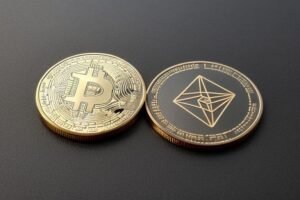






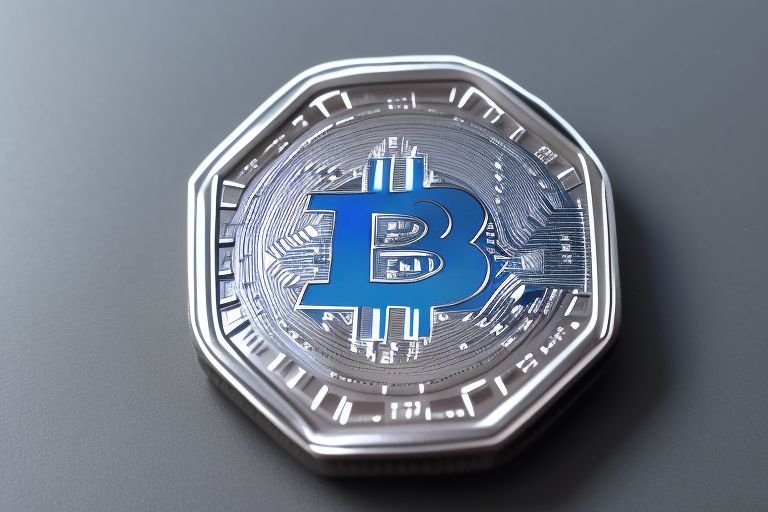
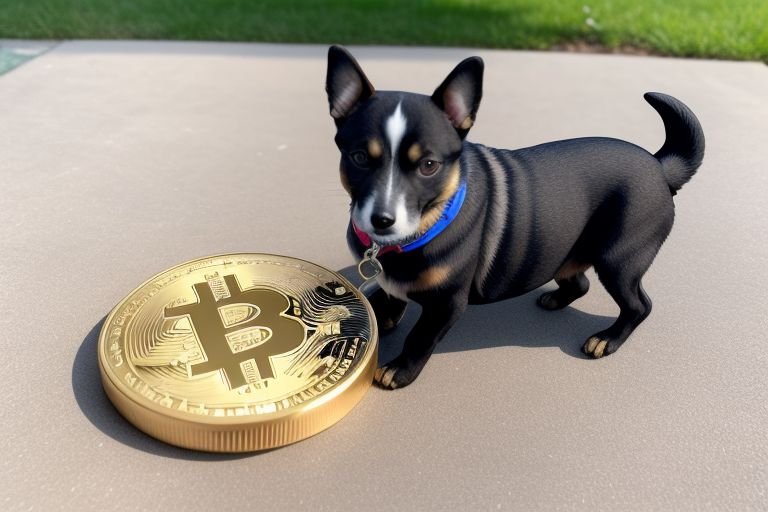
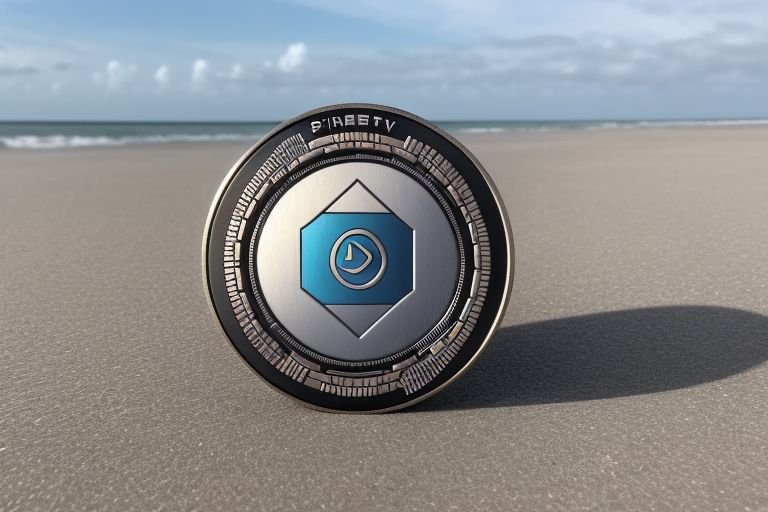
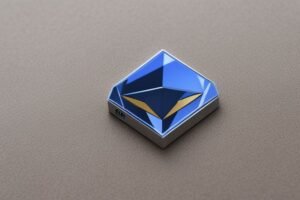

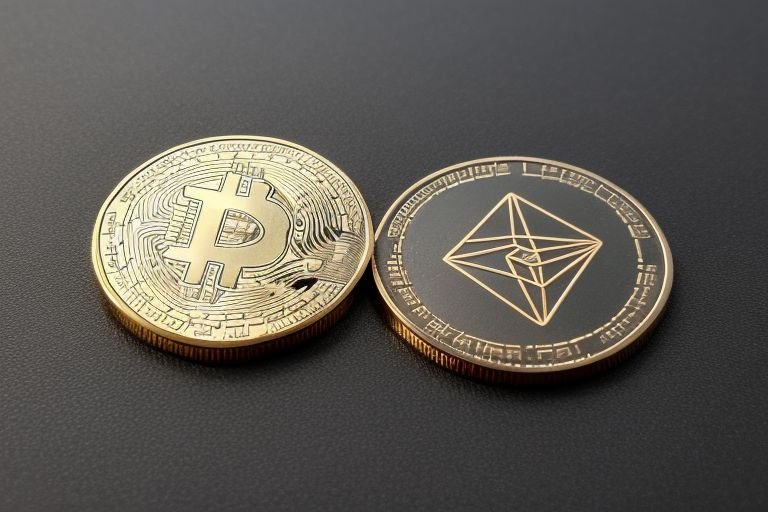
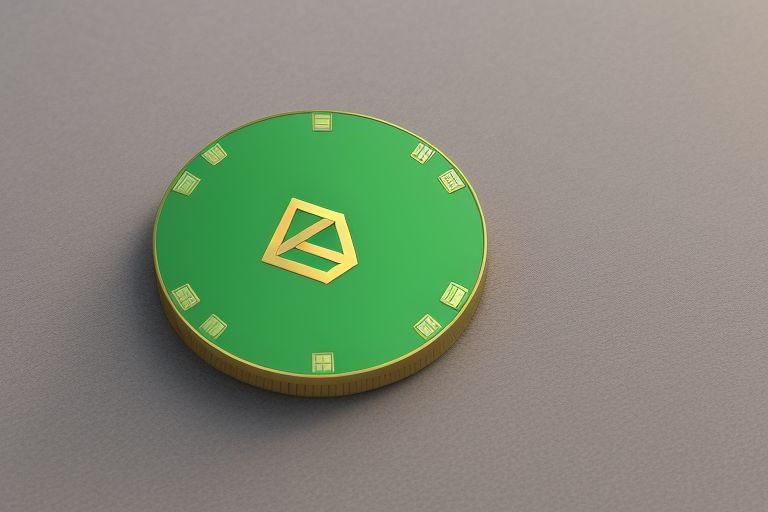

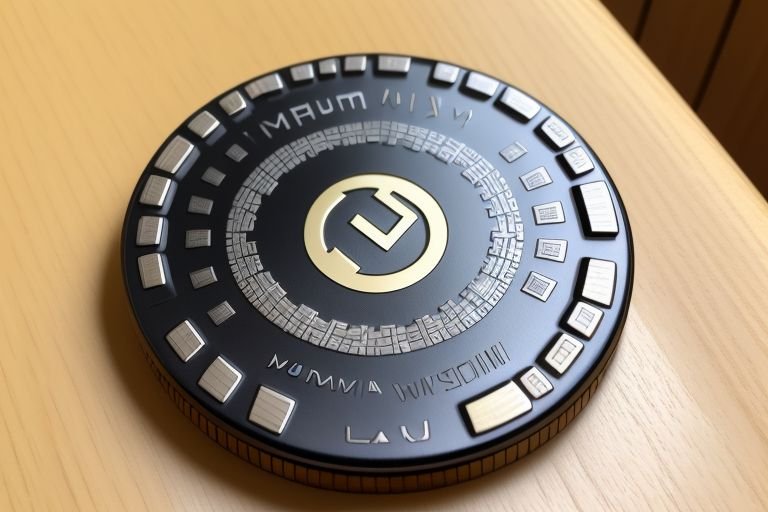
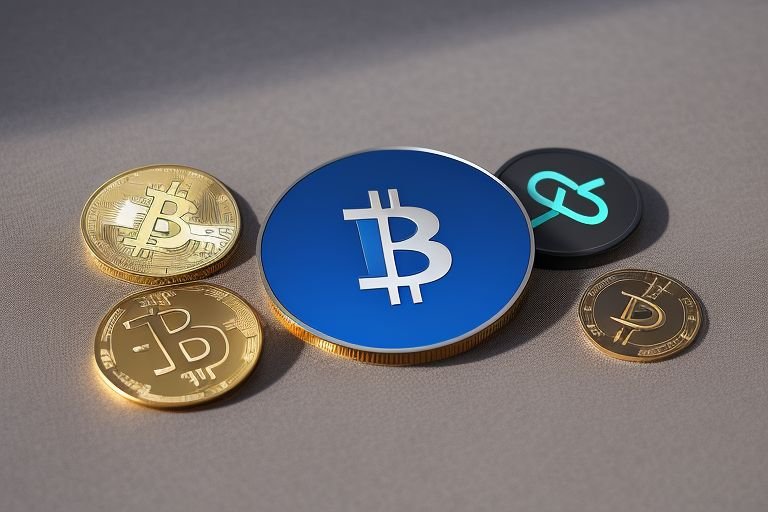
+ There are no comments
Add yours